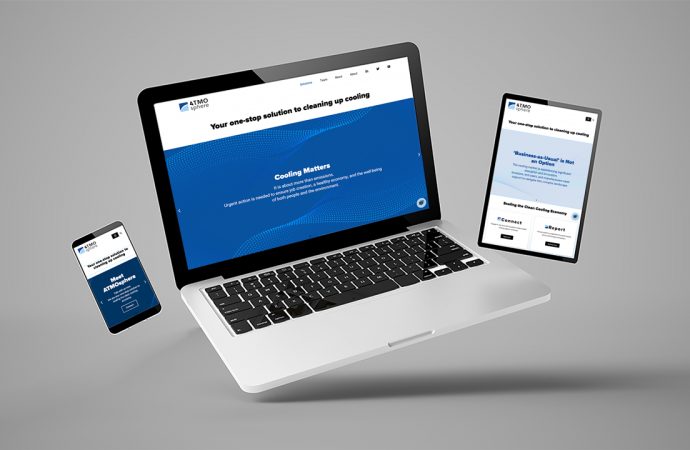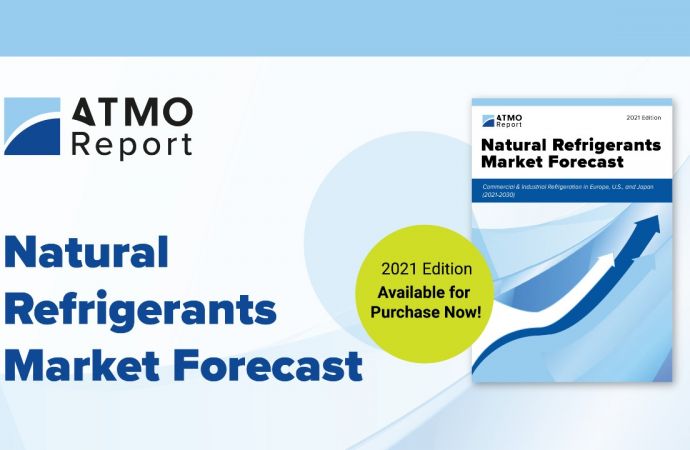The CaaS Alliance aims to mainstream the pay-per-service business model for financing HVAC&R equipment by creating a collaborative environment among stakeholders.

The Cooling as a Service Alliance supports the uptake of climate-friendly technologies.
BASE (Basel Agency for Sustainable Energy), a Swiss nonprofit initiator of sustainability and investment organizations, launched the Cooling As a Service (CaaS) Alliance on November 6 in Rome at an official side event at the 31st Meeting of the Parties (MOP) to the Montreal Protocol.
CaaS is an alternative financial model to the traditional upfront purchasing of equipment, using instead a pay-per-service model. The CaaS Alliance aims to mainstream the CaaS business model “by creating a collaborative environment between stakeholders active in the market as well as facilitators to spread the word about the model, build capacity, and implement the model in different sectors and regions,” said BASE in an announcement. “The CaaS Alliance gathers technology providers, investors, building networks and international organizations.”
BASE has also organized a CaaS Initiative with the Kigali Cooling Efficiency Program (K-CEP), with the endorsement of the Global Innovation Lab for Climate Finance, that aims to decrease energy consumption and greenhouse gas emissions from cooling use through a pay-per-service model.
Despite the lower life cycle cost of efficient technology resulting from reduced electricity consumption, investment decision is sensitive to purchase price, according to the CaaS Initiative website. Barriers such as limited knowledge of the benefits of energy efficiency, and high perceived performance risks of new technologies also hinder investments in clean and efficient cooling, such as natural refrigerant technology.
“Cooling as a Service can help the much needed transformation of the cooling sector so that the cooling needs of consumers, businesses and governments can be met without blowing the world’s carbon budget,” said Dan Hamza-Goodacre, Executive Director of K-CEP, on the CaaS Initiative website.
As a pay-per-service model, CaaS offers integrated financial tools to recapitalize technology providers who own the equipment and take on all future costs related to operations and maintenance, including water, electricity, and repair bills, according to the CaaS Initiaitve website. CaaS can also encourage manufacturers of cooling technology to design for reuse rather than obsolescence, thus supporting the circular economy.
BASE is supporting the implementation of the CaaS model in the Dominican Republic, Jamaica, South Africa, India, and Mexico. The World Green Building Council and BASE have started a partnership to build capacity and raise awareness about CaaS for their members in Latin America.
The model was recognized as one of the most innovative new financing instruments in 2019 by a prestigious group of international financiers at the Global Innovation Lab for Climate Finance.
Find out more about Cooling as a Service:
Cooling As a Service (CaaS) from Room 3 | NYC on Vimeo.
Related stories



